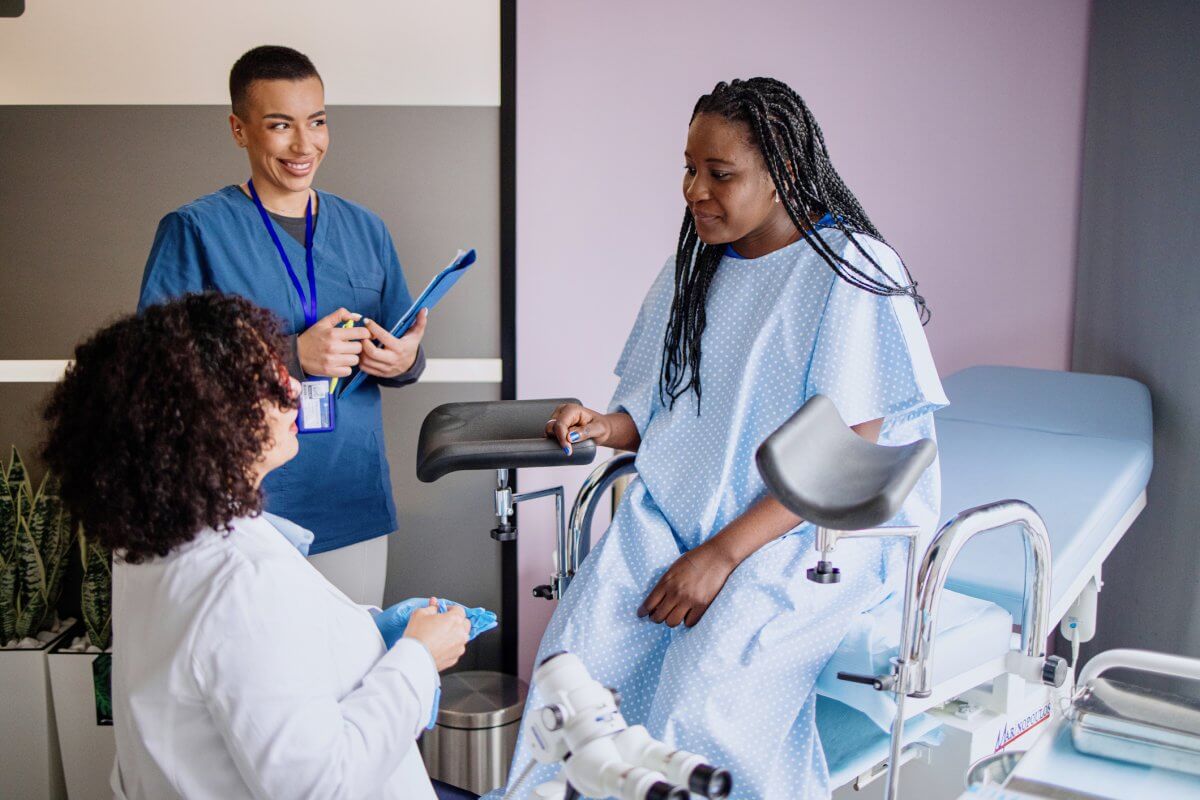Surrogacy can help you fulfill your dream of becoming a parent and working with American Surrogacy means that you will have all of your questions answered.
If you’re wondering “Can a surrogate keep the baby?” you can rest easy knowing the answer is a hard no.
In this article, we will answer this and some of the other common questions about surrogate relationships and what it is like to grow your family with American Surrogacy. You can also get help now from a surrogacy professional, and stay up to date with the world of surrogacy by following us.
Can Surrogates Keep the Baby?
No. Surrogates cannot keep the baby that they carry for another family. What is more important though, is that they don’t want to. When you work with American Surrogacy, you can rest assured that each and every gestational surrogate has been screened thoroughly and wants to be a surrogate for the right family.
As a part of our screening, we ensure that surrogates have been through pregnancy before and have their own children at home. This means they have children of their own and if they wanted to have another child of their own, they could. But the truth is that women who choose to be surrogates often feel called or passionate about helping another family have a family of their own. In other words, they want to help you and they don’t want another child of their own.
Do Surrogate Mothers Get Attached to the Child in the Womb?
Gestational surrogates certainly have a unique bond with the children they carry as well as the child’s biological parents, but surrogates know from the beginning that the child they are carrying is not theirs. So while surrogates certainly may feel protective, care for the child they carry, and want to see the child have a happy life, they do not have the same bond as they do with their own children.
Do Surrogates Get Attached to the Baby After Birth?
Gestational surrogates are called “gestational” because they are surrogates only during pregnancy and birth. Once the child is born, as a biological parent, you will be the parent, not the surrogate.
When you find a surrogate, your surrogacy professional will help you and your surrogate make agreements about communication expectations after birth. Some families and surrogates are interested in staying in contact and giving each other updates. However, in other cases, you and your surrogate may agree that you will live separate lives.
Surrogates generally do not have a significant amount of contact with the children they carry after birth as they have their own children and their own lives.
What Happens if a Surrogate Wants to Keep the Baby While Pregnant?
It is worth noting again that surrogates voluntarily choose to be surrogates and usually a big reason for choosing surrogacy is because they want to help a family like yours. Surrogates do not want to keep your baby because they have their own family and they want to help you.
In many cases, getting to know your surrogate ahead of your surrogacy agreement and building a healthy relationship may help ease your mind.
That being said, if you choose surrogacy with American Surrogacy, you will already have an agreement with your surrogate about what will happen, and even if the surrogate has strong feelings towards the baby she carried, that doesn’t change the agreement with you that the baby will be yours at birth.
What if a Surrogate Decides to Keep the Baby at Birth?
If a surrogate gives birth to a child with an established surrogacy agreement, she cannot simply “decide to keep the baby.” When the baby is born, the surrogacy agreement will still be in effect.
When Can a Surrogate Change Their Mind?
Since the surrogate is choosing to be a surrogate voluntarily, she also has opportunities to change her mind about becoming a surrogate. However, that doesn’t mean that you should be worried your surrogate will back out at the last minute.
With American Surrogacy, your surrogate is screened thoroughly and interviewed, and has several steps to back out of the decision before she makes an agreement to be your surrogate:
- First, in the informational stage, she can back out at any time and choose not to seek out additional information.
- If she continues seeking information and begins screening, she can back out of the screening at any time and choose not to become a surrogate.
- If she completes screening and is approved to be a surrogate, she has the ability to say no to any family profile she doesn’t want to be a surrogate for.
- If she chooses to get to know a family, she can still choose not to move forward with the family if she has any hesitations.
Once you and your surrogate have come to an agreement and created a surrogacy contract, she is obligated to continue with surrogacy. And at this point, she has likely given much thought to the process and is fully prepared to complete the process.
With American Surrogacy, you can get added peace of mind knowing that we offer unlimited matching if you meet a surrogate match that doesn’t work out.
Get Help Now
Surrogacy can be a beautiful journey, and it is normal to have questions about the process. If you have questions like “Can surrogate mothers keep the baby?” or “Can a surrogate change her mind?” our surrogacy professionals can help you understand how we protect you and help you find a great surrogate. Click here to get help now.









